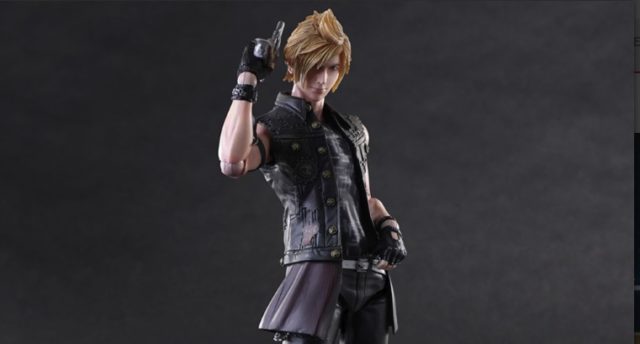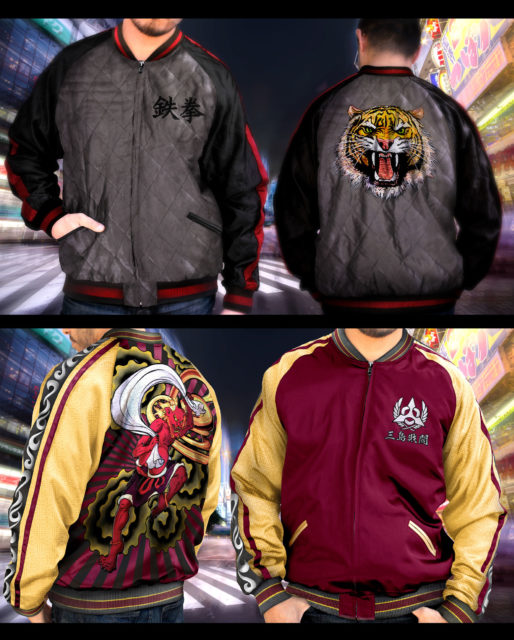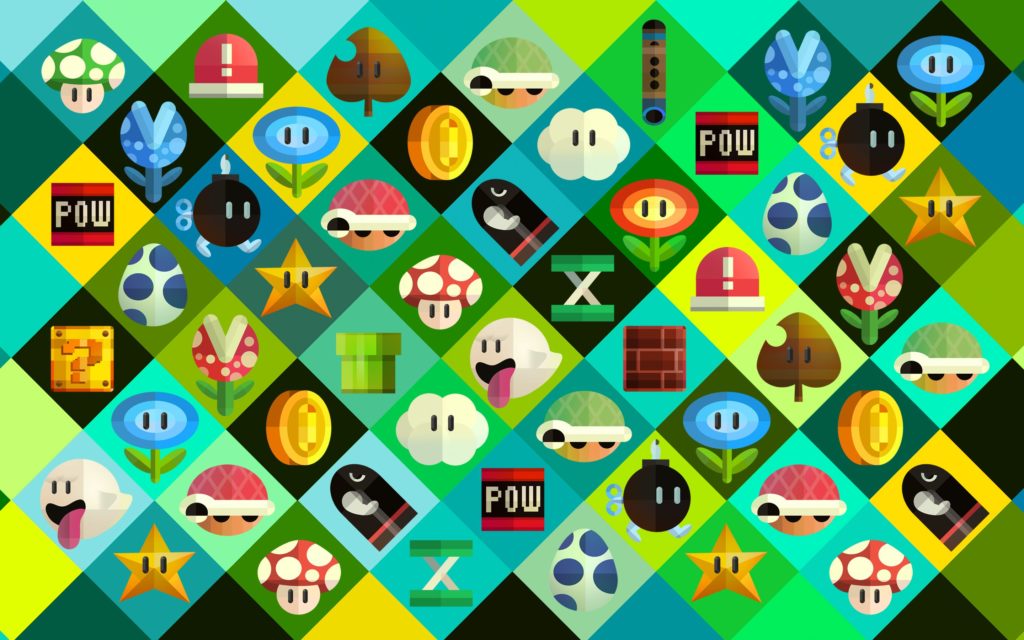The video game industry is a money-making machine, but its potential lies not just in hardware or software—gaming brands are reaping the benefits (and revenue) from merchandise, as well. Let’s take a look at some successful brands who take their game franchises a big step further through branded merchandise.
Square Enix
Square Enix, known for such titles as Final Fantasy and Tomb Raider reported net merchandising sales of ¥3,997 million ($35.4 million US) in 2015, an increase of 5.6 percent from the prior fiscal year. The game publisher hosts its own online store, where it offers a variety of goods from software to jewelry.
“The merchandising segment has grown into a stable business where we leverage not only our own properties, but also make proactive use of third-party content,” Square Enix stated in its 2015 Annual Report. “Our high-quality merchandise has met with a great reception from customers, and more recently our collectors’ boxes and other special fan offerings have also proven popular. We intend to continue to build up our merchandise lineup as we see it as a key element in further enriching our content offering.”

Capcom
Capcom, with video game franchises that include Mega Man, Resident Evil and Street Fighter hosts a modest offering of character-related merchandise from lanyards to T-shirts, but suffered a slight decrease in sales last year. With the upcoming launch of Resident Evil 7: Biohazard, the company would benefit greatly in a merchandising push.
According to the Financial Results for the Fiscal Year ending March 31, 2016, “The net sales from Other Businesses, mainly consisting of the publication of game guidebooks and sale of character merchandise, were ¥2,043 million ($18.1 million US), a decrease of 4.7 percent from the previous fiscal year.”

Bandai Namco
Like Capcom, Bandai Namco traditionally offers an array of the usual T-shirts and toys, but has recently begun offering high-end collectibles such as a $499 Tekken 7 designer jacket and $400 Dark Souls III collectible statue.
“Our goal on the Bandai Namco Official Store is to develop merchandise for our most passionate fans,” Abelina Villegas, eCommerce specialist at Bandai Namco told [a]listdaily, “so the creation of this kind of high fashion piece was also an opportunity for us to expand the messaging around our Tekken 7 campaign to acknowledge that Tekken is a lifestyle brand.”
Nintendo
Nintendo is a great example of how merchandising can help set a gaming brand apart from apparel to toys and most recently, a partnership with Universal Studios. The gaming giant even has its own retail store in New York. “We want to be the right intellectual property. We want to do this in a way that is a growing, sustaining type of volume—not hits and misses,” Nintendo president, Reggie Fils-Aimé told [a]listdaily. “From that standpoint, we’re looking at a wide range of categories. Wearables certainly are huge. Collectibles are a big opportunity. The relationship we have with companies like Hasbro and Mattel, bringing our intellectual property to some of their game elements like the Mario-themed Uno set of cards that we’re bringing back. There’s a lot of activity that we’re doing in the space. But the main thing is that we want this to be an upward trajectory growth business, not a cyclical business.”

